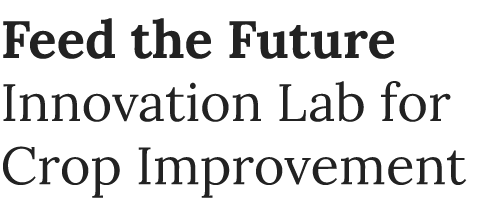As ILCI seeks to empower national agricultural research centers, effectively measuring their institutional capacities is instrumental to its success. Tracking the development of institutional capacity and diffusion of technology in breeding programs is essential for assessing the impact of agricultural research on farm productivity, incomes, and nutrition, and for revealing the constraints to technology development and diffusion.
The challenge
Our approach
We measure the institutional capacities of breeding programs in national agricultural research institutes, taking a holistic and context-informed approach to program effectiveness. We are investigating how institutional factors influence the setting and achieving of crop-improvement goals, as well as how the implementation of innovative tools, technologies, and methods translates into the potential to deliver genetic gains for traits that align with the needs and priorities of local populations. We work with breeding programs to develop specific indices to conceptualize gaps in capacity and opportunities for growth.
“In order to be sustainable, resilient breeding programs must possess the institutional capacity — the necessary resources, human capital, and technical expertise — to respond to changing food security needs that are in line with emerging environmental, economic, and social challenges specific to particular regions.”
Mathew AbrahamInstitutional capacity co-lead
Why track institutional capacity?
Assess
the success of agricultural research in new technology implementation and the adoption of new practices
Understand
the multidimensional impact of research on productivity, farm incomes, nutrition and social inclusivity.
Determine
the sustainability of breeding programs, considering existing constraints, bottlenecks and challenges of technology development and diffusion







